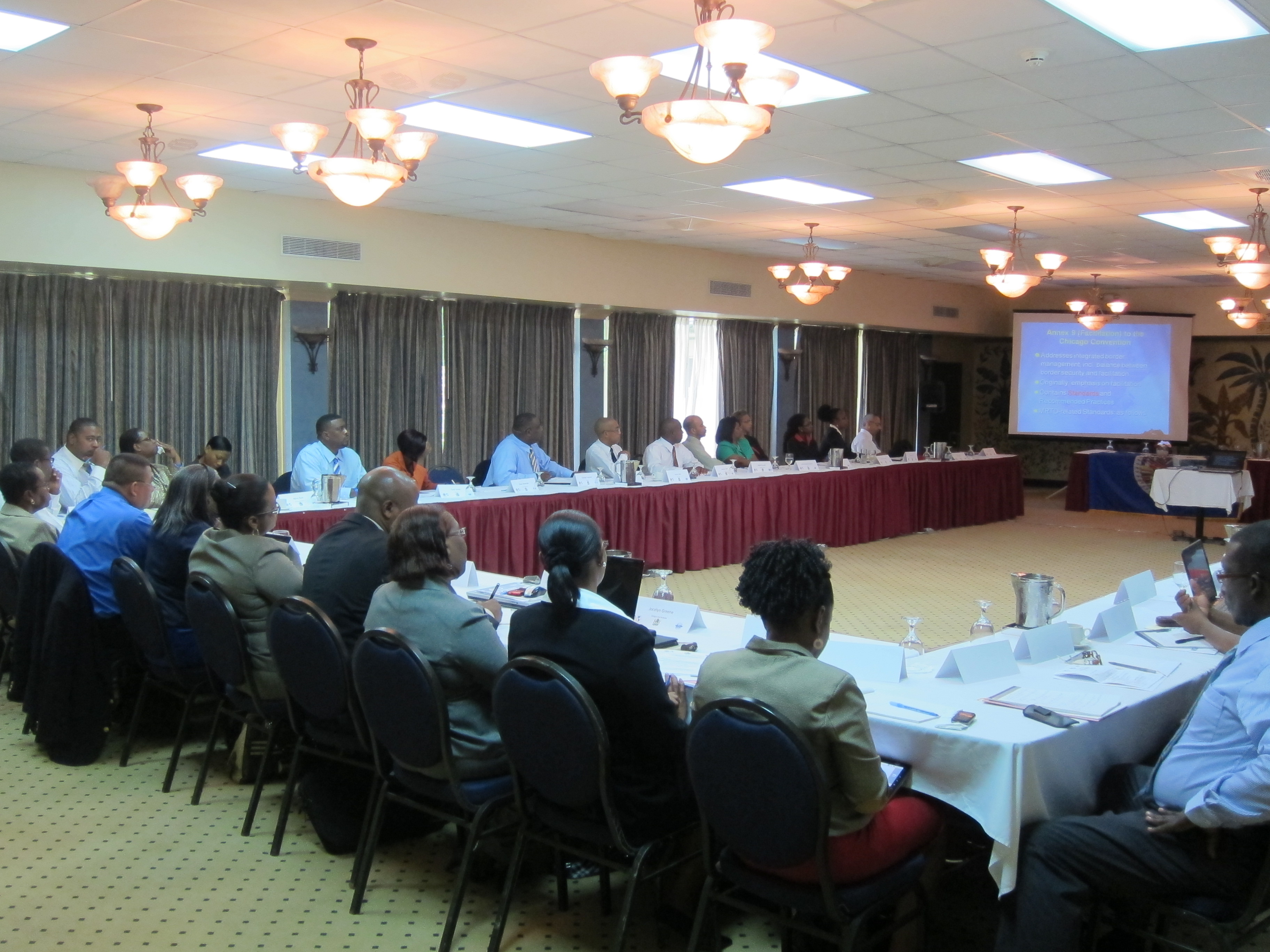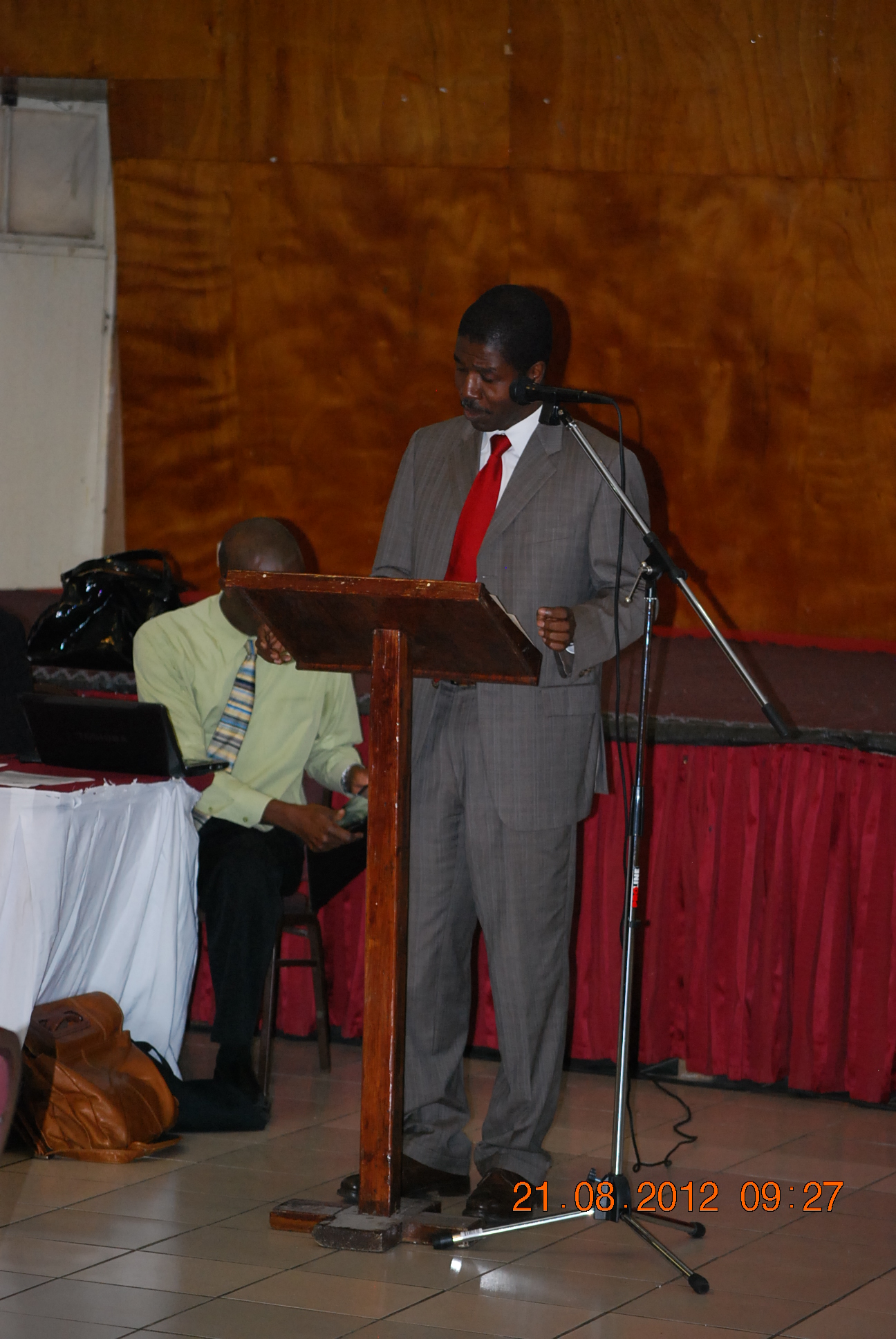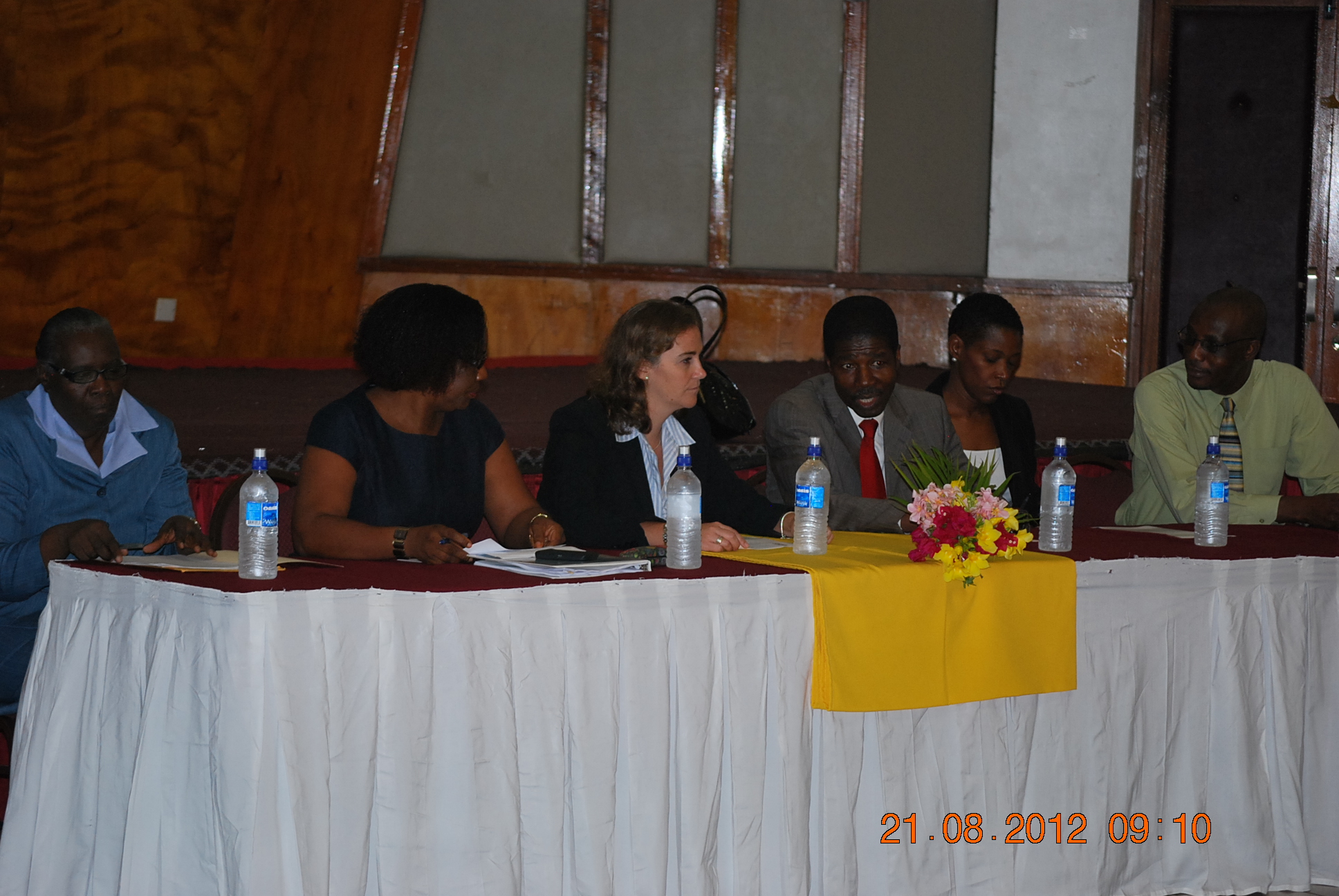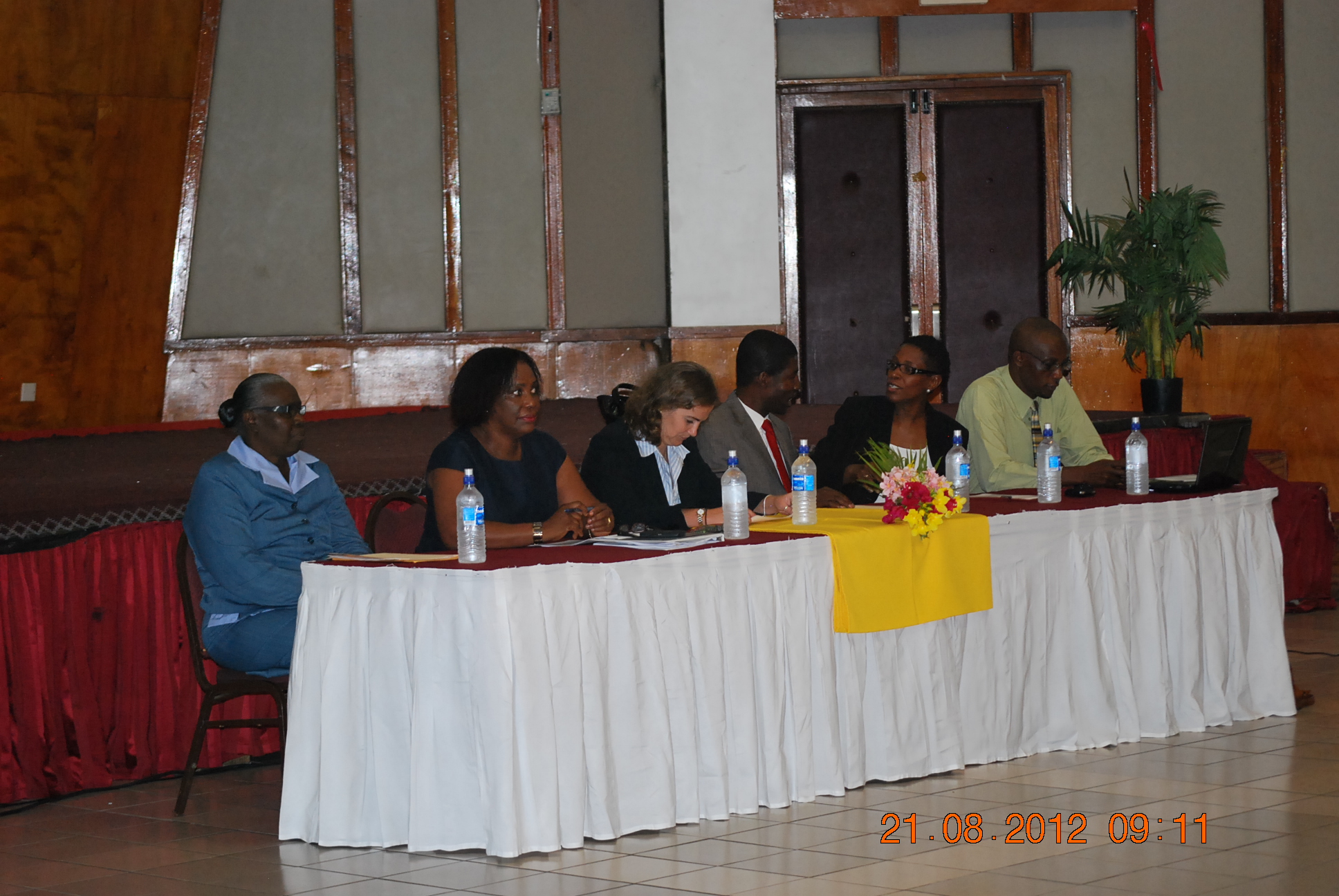Politicians and government bureaucrats trying to boost their green credentials often proclaim that “climate change is real”. OAS representative for Antigua & Barbuda Jean Ricot Dormeus did it last week. Joan Whalley, Chairwoman of the U.K.’s Environmental Audit Committee did it this week. A Google search for the phrase “climate change is real” yields over a million hits, many of them from the United Nations, national leaders and even scientists who should know better.
But the statement is meaningless. Worse, it is used by activists to promote a program that has less to do with science than it does with supporting an anti-capitalist agenda that has much in common with the more extreme fundamentalist religions. There are the unquestioned tenants of faith. There are the high priests such as Al Gore and the United Nations Intergovernmental Panel on Climate Change to be believed and followed without question. There are the taboos one dare not look at, or even think about, such as the record high levels of sea ice now occurring in the Antarctic region. Skeptics or “deniers” are to be attacked without mercy as evil or misguided “shills” for vested interests. And, of course, there are the mantras such as “climate change is real”, “97% of scientists agree”, etc. that true believers chant to subdue anyone who has the audacity to question any aspect of the global warming religion.
Of course, change is what climates do all the time on planets with atmospheres so, yes, it is “real”. Just like sunrise, gravity and supernovas in distant galaxies are real. But only a moron would think humans control all these phenomena. Most people understand that we do contribute to regional climate change to some extent—witness the change in temperature when driving from the countryside to the city. But control global climate? That is ridiculous.
One of the problems is that the only question that matters in the debate is never asked. The question we need properly polled internationally is, “Do most scientists who study the causes of climate change support the hypothesis that our emissions of carbon dioxide are causing dangerous global warming and other climate problems?”
It must be “dangerous” climate change that is being asked about. Anything less than dangerous, while interesting to scientists, is of no concern to politicians who continue to divert billions of dollars to the climate file while important social programs remain underfunded. Regardless, no one knows the answer to this question since there has never been reputable worldwide polling of the issue. Until such a survey is conducted, no claims of consensus about the most important issue in the whole global warming debate can be supported.
So, the “97% of scientists agree” mantra is also unfounded. That number comes from a 2009 online survey of 10,257 earth scientists, conducted by two researchers at the University of Illinois. Strangely, the researchers chose to eliminate almost all the scientists from the survey and so ended up with only 77 people, 75 of whom thought humans contributed to climate change, hence the 97%, sometimes 98%, figure cited by Gore and his followers.
Besides the fact that, with tens of thousands of climate scientists in the world, 77 is a trivial sample size, the survey coordinators did not ask respondents how much humans had contributed to climate change. The poll is therefore useless.
Unlike religion, science does not accept authority. It must base its conclusions on empirical data from the real world. Climate researchers understand that climate science is in its infancy. We cannot forecast climate in 50 years any better than we can forecast weather two weeks ahead. The system is too complex and our understanding of the basic science too primitive. Professors Chris Essex (University of Western Ontario, Canada) and Ross McKitrick (University of Guelph, Canada) write in their book Taken by Storm, “Climate is one of the most challenging open problems in modern science. Some knowledgeable scientists believe that the climate problem can never be solved.”
That may not be a comforting thought for Dormeus, Whalley, Gore and others who believe that we understand the science well enough to know how to control global climate. But science is often like that. While it is our best tool for trying to understand the natural world, it is not magic—it can only give us what is possible.
Trying to unravel the causes and consequences of climate change is arguably the most complex science ever tackled. The Nongovernmental International Panel on Climate Change demonstrates that much of what we thought we knew about climate is wrong or highly debatable. As I showed the 1,500 students I taught for the past three years at Carleton University in Ottawa, the science is becoming more unsettled as the field advances.
While it makes sense to prepare for natural climate change—warming and cooling, drought and flood, rising and falling sea levels—as our societies expand, the idea that we know, or even can know, the future of our planet’s climate is simply a modern day myth.
________________
Tom Harris is Executive Director of the International Climate Science Coalition and an advisor to the Frontier Centre for Public Policy.


 Remarks by OAS Representative Jean Ricot Dormeus Workshop on Travel Document Security and Identity Management
Remarks by OAS Representative Jean Ricot Dormeus Workshop on Travel Document Security and Identity Management


 Tourism Training and Certification Project, is a resource that implements strategies to promote and deliver training for growth and competitiveness in the tourism industry in Antigua and Barbuda.
Tourism Training and Certification Project, is a resource that implements strategies to promote and deliver training for growth and competitiveness in the tourism industry in Antigua and Barbuda.
